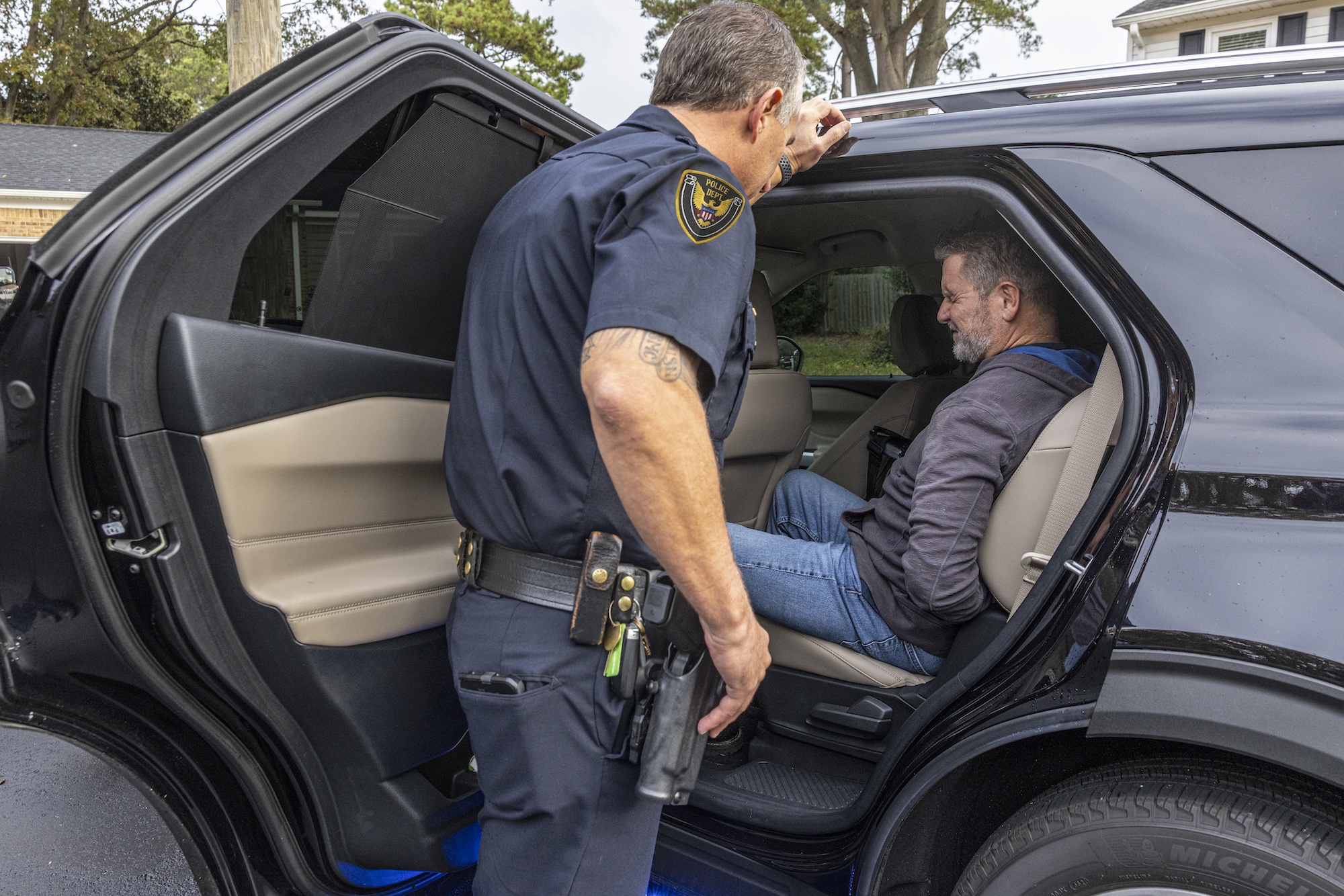
Stand Your Ground laws allow you to defend yourself with force — even deadly force — without requiring you to first try to run away.
If you’re somewhere you’re legally allowed to be, not breaking the law and facing an immediate deadly threat, Stand Your Ground laws say you can meet force with force. But here’s the catch: not every state gives you that protection. In duty to retreat states, the law expects you to try to escape before defending yourself. This generally doesn’t apply in your home, which is typically covered by Castle Doctrine. But in public, if you don’t try to get away first, you could wind up facing charges, even when you were clearly the victim.
In places like Florida or Texas, you can stand your ground. In others, like Nebraska, the law might expect you to back off if you can do so safely. And this doesn’t just apply to guns — it covers any deadly force you use, such as running over a protestor who blocks your way and threatens you and your family. Before you find yourself in a fight for your life, make sure you understand the law where you live, carry, or travel. Know what is expected. According to FindLaw.com, 29 states expressly permit Stand Your Ground while 13 require a Duty to Retreat.
Stand Your Ground States: Alabama, Alaska, Arizona, Arkansas, Florida, Georgia, Idaho, Indiana, Iowa, Kansas, Kentucky, Louisiana, Michigan, Mississippi, Missouri, Montana, Nevada, New Hampshire, North Carolina, Ohio, Oklahoma, Pennsylvania, South Carolina, South Dakota, Tennessee, Texas, Utah, West Virginia, Wyoming.
Run Before You Can Gun (Duty to Retreat) States: Connecticut, Delaware, Hawaii, Massachusetts, Maryland, Maine, Minnesota, Nebraska, New Jersey, New York, North Dakota, Rhode Island, Wisconsin
For the most up to date details of the gun laws in your state, visit the newest and most comprehensive online resource available, the U.S. LawShield Gun Law Database.



